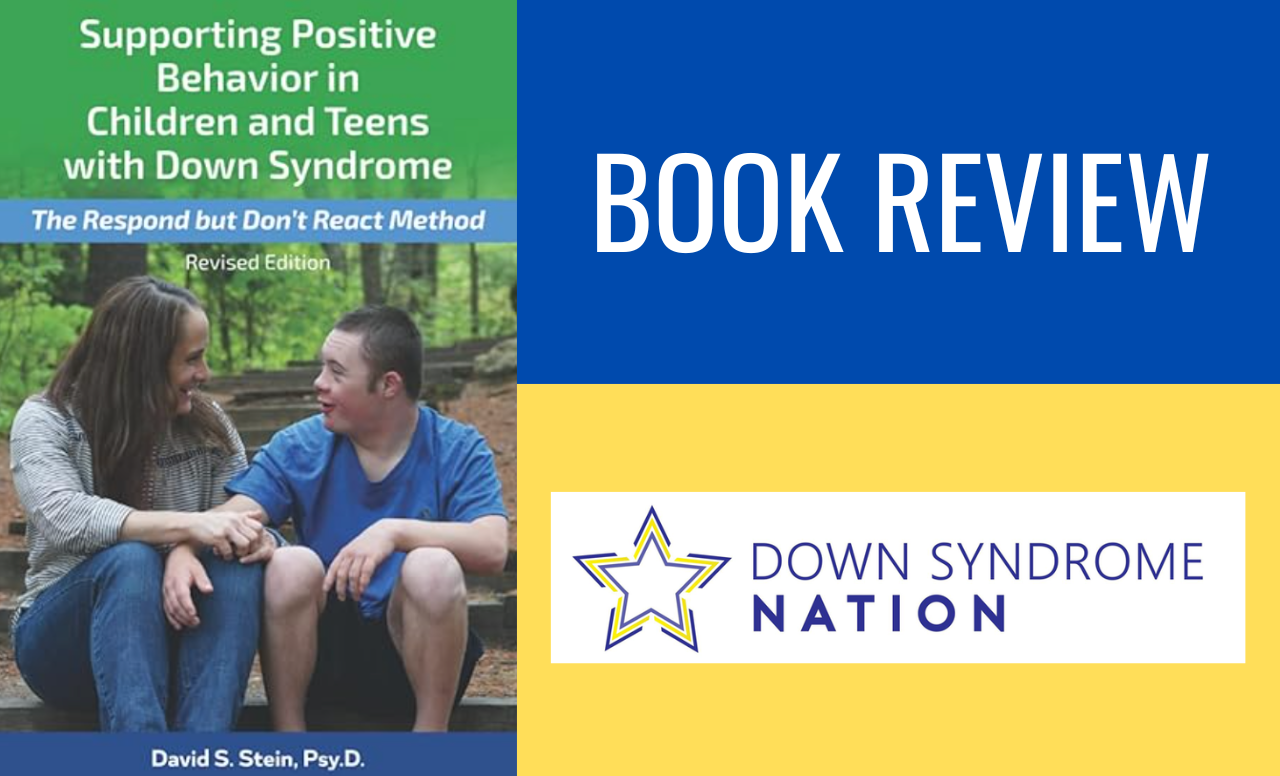Beyond Reactions: A Guide to Nurturing Positive Behavior in Youth with Down Syndrome
Navigating behavior in children and teens can be one of parenting’s most complex challenges, and for families of individuals with Down syndrome, specific approaches can make a world of difference. Dr. David S. Stein’s “Supporting Positive Behavior in Children and Teens With Down Syndrome: The Respond But Don’t React Method“ is widely heralded as an essential, highly effective resource, offering clarity and actionable strategies for parents and professionals alike.
At the heart of Dr. Stein’s work is a transformative philosophy: learning to respond thoughtfully to behavior rather than simply reacting emotionally or impulsively. This shift is fundamental, guiding caregivers to look beyond the surface of a behavior to understand its underlying causes and functions. “Many child behavior specialists emphasize that understanding the function of a behavior is the first step to effectively addressing it,” a common sentiment in developmental psychology. “Dr. Stein’s book provides parents with a clear framework for doing just that, moving beyond surface-level reactions to uncover underlying needs or triggers.”
What consistently earns this book praise from readers is its deeply practical nature. It’s not a dense, theoretical tome but a user-friendly guide packed with effective, real-world strategies that can be implemented in daily life. Parents and professionals find its approach refreshingly clear and actionable. “This book was a game-changer for us,” shared one parent on a leading Down syndrome advocacy website. “The strategies are so practical, and the ‘respond, don’t react’ mantra has genuinely transformed how we approach challenging moments, leading to much more positive interactions with our son.”
The “Respond But Don’t React Method” focuses heavily on proactive techniques. It equips caregivers with tools to prevent challenging behaviors before they start, by understanding individual sensory needs, communication styles, and potential stressors for children and teens with Down syndrome. This proactive stance helps create environments where positive behaviors are more likely to flourish.
But the book’s scope extends beyond merely managing difficult behaviors. Its ultimate aim is to foster overall positive development, including enhancing communication, building self-regulation skills, and strengthening the parent-child relationship. By teaching caregivers how to respond in ways that are both firm and empathetic, Dr. Stein’s methods help build a foundation of trust and understanding. “As a therapist working with families, I consistently recommend Dr. Stein’s book because it empowers parents with effective, respectful strategies that truly make a difference in the daily lives of children and teens with Down syndrome and those who support them,” is a type of endorsement often heard from professionals in the field.
“Supporting Positive Behavior in Children and Teens With Down Syndrome” is more than just a set of techniques; it’s a mindset shift. It encourages a compassionate, analytical approach to behavior, helping adults become more effective and confident in their interactions. It’s considered an essential tool because it provides not just the “what to do,” but also the crucial “why” and “how,” fostering a deeper understanding that leads to more meaningful and lasting positive change.
For any parent, caregiver, educator, or therapist seeking to better understand and support the behavioral development of children and teens with Down syndrome, Dr. David S. Stein’s book offers invaluable wisdom and a truly empowering, proactive path forward.
Book Reviewed:
- Stein, Dr. David S. Supporting Positive Behavior in Children and Teens With Down Syndrome: The Respond But Don’t React Method. Woodbine House.
(Resources on behavior and Down syndrome are often available through organizations like the National Down Syndrome Society (NDSS) at https://www.ndss.org and the Global Down Syndrome Foundation at https://www.globaldownsyndrome.org.)
By Scott Westerman – Down Syndrome Nation
